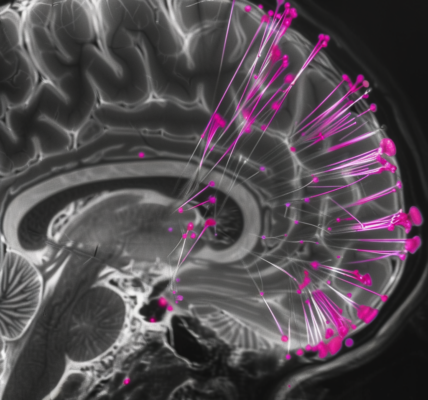Board games have long been a beloved pastime for many, but recent research has shed light on their unique benefits for individuals on the autism spectrum. A study conducted by the University of Plymouth in the United Kingdom has explored the connection between board gaming and autism, revealing valuable insights that could shape future social enrichment initiatives and wellbeing programs.
Autism spectrum disorders encompass a variety of conditions that affect social interaction and communication skills, with an estimated prevalence of one in 100 children globally, as reported by the World Health Organization. While board gaming has been a popular hobby among this community, the scientific community has only recently begun to investigate the underlying reasons for this trend.
According to Gray Atherton, a co-author of the study and a lecturer in psychology at the University of Plymouth, the research aimed to uncover why board games resonate so strongly with individuals on the spectrum. “We know that board games are a safe and valuable hobby to many people with autism,” Atherton stated. “What this research established was why that’s the case, and we really want to use the findings to conduct future work.”
The research began with a comprehensive survey of 1,600 board gamers worldwide. The results were telling: approximately 7 percent of respondents reported being diagnosed with autism, a significant increase compared to the 1 percent prevalence in the general population. Additionally, about 30 percent of participants exhibited high levels of autistic traits.
To delve deeper into the experiences of individuals with autism, the researchers conducted in-depth interviews with 13 survey participants diagnosed with the condition. These interviews focused on how board games influenced their experiences and interactions related to their symptoms.
The study also involved a group of 28 individuals with autism who had never engaged in board gaming before. After an afternoon of playing various games, the participants shared their thoughts and feelings about the experience, providing valuable feedback on how the activity impacted their social interactions and emotional wellbeing.
One of the most significant components of the research was a two-year intervention program that included weekly board gaming sessions for both adults and adolescents with autism. The outcomes of this initiative were overwhelmingly positive, with participants reporting enhanced feelings of community, increased independence, and the development of new skills. Moreover, many expressed that board games provided an alternative avenue for building social relationships.
Despite the encouraging results, Atherton noted a surprising gap in the existing literature regarding the use of board games as a therapeutic intervention for individuals with autism. “The findings as a whole aren’t a shock, but what is surprising is the lack of evidence underpinning board game use as an intervention for people with autism,” he remarked. “Hearing the feedback from the study participants was really motivating to try and push this forward in different settings.”
The researchers are optimistic that their findings will inform the development of future wellbeing interventions tailored to the autism community. They also aim to explore ways to adapt existing board games to enhance accessibility and inclusivity for individuals with diverse needs.
As the popularity of board games continues to rise, this research underscores their potential as a valuable tool for social engagement and personal development among individuals with autism. The study not only highlights the importance of play in fostering connections but also opens the door for further investigation into the therapeutic applications of board games in various settings.
In an age where social interaction can be challenging for many, board games may offer a unique solution, bridging gaps and creating opportunities for meaningful connections. The findings from this research pave the way for innovative approaches to support individuals with autism, ensuring that they can enjoy the benefits of play while enhancing their social skills and overall wellbeing.





